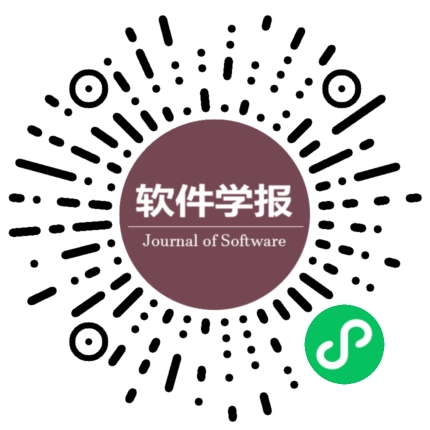史鼎元(1998-),男,本科,主要研究领域为联邦学习,时空大数据分析处理,众包计算,群体智能,隐私保护.
王晏晟(1994-),男,博士,CCF学生会员,主要研究领域为联邦学习,时空大数据分析处理,众包计算,群体智能,隐私保护.
郑鹏飞(1996-),男,硕士,CCF学生会员,主要研究领域为联邦学习,时空大数据分析处理,众包计算,群体智能,隐私保护.
童咏昕(1982-),男,博士,教授,博士生导师,CCF高级会员,主要研究领域为联邦学习,时空大数据分析处理,众包计算,群体智能,隐私保护.
童咏昕,E-mail:yxtong@buaa.edu.cn
国家重点研发计划(2018AAA0101100);国家自然科学基金(61822201,U1811463);软件开发环境国家重点实验室(北京航空航天大学)开放课题(SKLSDE-2020ZX-15)
National Key Research and Development Program of China (2018AAA0101100); National Natural Science Foundation of China (61822201, U1811463); State Key Laboratory of Software Development Environment (Beihang University) Open Program (SKLSDE-2020ZX-15)
引用本文
史鼎元,王晏晟,郑鹏飞,童咏昕.面向企业数据孤岛的联邦排序学习.软件学报,2021,32(3):669-688
复制相关视频
分享
文章指标
- 点击次数:
- 下载次数:
- HTML阅读次数:
历史
- 收稿日期:2020-07-19
- 最后修改日期:2020-09-03
- 录用日期:
- 在线发布日期: 2021-01-21
- 出版日期: 2021-03-06
文章二维码

版权所有:中国科学院软件研究所 京ICP备05046678号-3
地址:北京市海淀区中关村南四街4号,邮政编码:100190
电话:010-62562563 传真:010-62562533 Email:jos@iscas.ac.cn
技术支持:北京勤云科技发展有限公司



